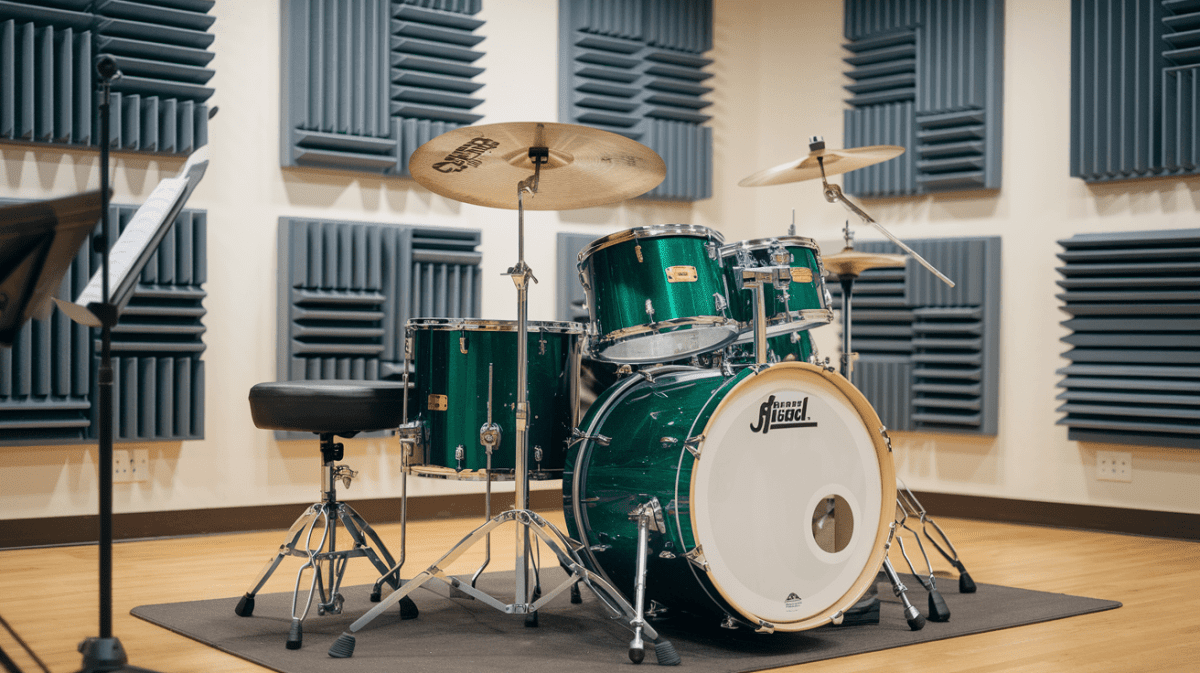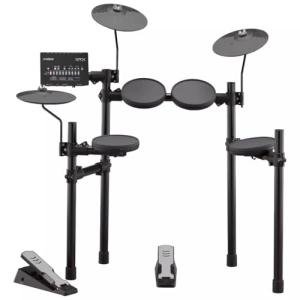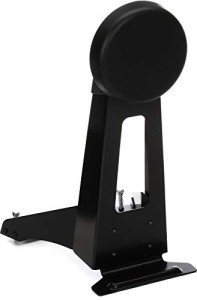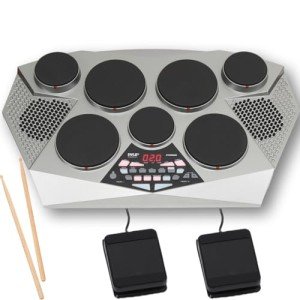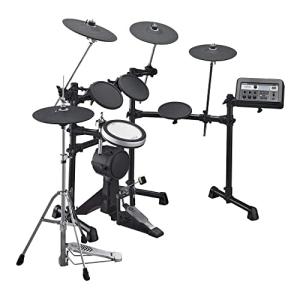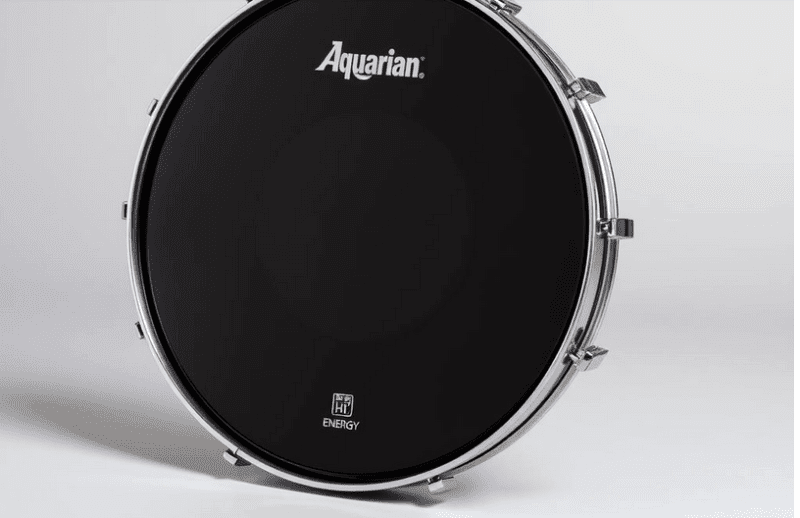Drumming brings us joy, but it can disturb those nearby. It's essential to consider the impact of our actions on our neighbors and the noise we create.
Quiet drumming techniques help us keep good relations with our neighbors. They let us practice without bothering others too much.

We can live in harmony with our neighbors by controlling the noise. This means being aware of how loud we are and finding ways to reduce drumming sounds.
Key Takeaways
- Understand the impact of drumming noise on neighbors.
- Learn the importance of being considerate.
- Discover quiet drumming techniques.
- Implement strategies to minimize noise.
- Maintain a good relationship with neighbors.
Understanding Drum Noise and Its Impact
Drummers need to understand how drum noise affects their neighbors so they can practice without disturbing them. Drums are not like melodic instruments. Their sounds are often seen as loud banging or clattering.
Why Drums Are Particularly Problematic for Neighbors
Drums are particularly problematic because they make low-frequency sounds. These sounds can travel far and go through many building materials. Unlike high-pitched sounds, the low rumble of drums is felt as much as it's heard, disturbing neighbors more.
The drums' hollow bodies and stretched membranes contribute to the production of these low sounds.
How Sound Travels Through Different Building Materials
Understanding how sound moves through building materials is crucial to determining how much noise reaches neighboring properties. For example, solid materials like concrete pass low-frequency sounds well. But materials with air, like drywall, might block these sounds better.
Knowing how materials handle sound helps find weak spots in keeping noise in.

Understanding these points helps drummers find ways to reduce the noise they make for their neighbors.
How to Reduce Your Drumming Sounds for Your Neighbors
There are simple ways to reduce the loudness of your drumming. As drummers, we understand the importance of getting along with our neighbors. By finding ways to minimize noise, we can practice without disturbing others.
Establishing Communication and Setting Boundaries
Talking openly with your neighbors about your drumming can help. Let them know when you'll be practicing and listen to their feedback. Setting clear times for drumming helps avoid any issues.
Creating an Effective Practice Schedule
It's key to plan your drumming at times that won't bother others. Try practicing in the late morning or early afternoon. This way, you can choose days for louder and quieter practice.
Essential Playing Techniques for Noise Reduction
Changing how you play can significantly reduce the noise level. Using controlled striking methods and dynamic control exercises are great for this.
Controlled Striking Methods
Being careful with how hard you hit the drums is important. By varying your force, you can play louder without being too loud. This also improves your drumming skills.
Dynamic Control Exercises
These exercises help you play both softly and loudly. This way, you can control your drumming better, making less noise.
Quick Adjustments for Immediate Noise Reduction
For quick fixes, try changing your drumming setup or how you play. Using mutes or dampeners can lower the sound. Playing softer can also help a lot.
Here are some quick tips for less noise:
- Use mesh heads or mutes on your drums
- Apply dampening products to cymbals
- Play softer and more controlled
- Use loud techniques less often
By using these tips, we can enjoy drumming without bothering others.
Soundproofing Your Practice Space
Soundproofing your drum practice space is crucial to avoiding disturbances to your neighbors. By using soundproofing methods, you can greatly reduce the noise that leaks out. This allows you to practice without disturbing those nearby.
DIY Soundproofing Solutions on a Budget
Soundproofing doesn't have to be expensive. There are several DIY methods to reduce drum noise. You can use wall treatments, floor isolation, and seal gaps in your space.
Wall Treatments and Acoustic Panels
Acoustic panels on your walls can absorb sound, reducing echo and leakage. You can buy them or make your own with Owens Corning 703 or Roxul Safe'n'Sound insulation and fabric.
Floor Isolation Platforms and Rugs
Putting your drum kit on an isolation platform or a thick rug can lessen floor vibrations and noise. Isolation platforms are made to keep your drum kit from vibrating the floor, which helps block sound.
Ceiling and Door Sealing Techniques
Sealing gaps around doors and ceilings is key to stopping sound leaks. Use door sweeps or seals, and think about adding mass to your ceiling with drywall or acoustic caulk for better soundproofing.
Professional Soundproofing Options and Costs
DIY solutions are good, but professional soundproofing can do more. It might include custom-built isolation rooms or top-notch soundproofing materials.
The price of professional soundproofing changes based on materials and setup complexity. It's smart to talk to a pro to find the right fit for your budget and needs.
Looking into both DIY and professional soundproofing can help you find a solution that works for you. This way, you can play your drums without disturbing your neighbors.
Equipment and Accessories for Quieter Drumming
Quieter drumming is possible with the right gear. This ensures a peaceful living space. The right equipment helps drummers lower the noise without giving up practice.
Low-Volume Drum Heads and Cymbal Solutions
Low-volume drum heads are a key to less noise. They make less sound but still feel right for practice. Low-volume cymbals also help make drumming quieter.
Some drummers choose cymbals that sound less loud. Others use cymbals with built-in mutes. These choices help control the sound, making practice less disturbing.
Mesh Heads, Mutes, and Dampening Products
Mesh heads are great for quieter drumming. They sound very low but feel like acoustic drums. Mutes and dampeners, like gels or rings, also reduce sound.
| Product | Description | Noise Reduction |
|---|---|---|
| Mesh Heads | Drum heads made of mesh material | High |
| Dampening Gels | Gels applied to drums for dampening | Medium |
| Mute Rings | Rings placed on cymbals to mute them | Medium to High |
Electronic Drums and Practice Pads
Electronic drums and practice pads are perfect for quiet practice. Electronic drums can be played with headphones, making practice silent. Practice pads let drummers practice strokes without a full kit.
"Electronic drums have revolutionized the way drummers practice, offering a silent and versatile solution for musicians of all levels."
Using these tools in practice makes it more flexible and considerate.
Conclusion
Understanding drum noise and using effective strategies helps us keep the peace with our neighbors. We've looked at ways like talking to them, setting practice times, and choosing the right gear to lower the volume.
Using silent drumming methods, like mesh heads and mutes, can really help keep the sound down. Also, making our practice area soundproof is key for controlling drum noise.
By being friendly to our neighbors and using quiet drumming solutions, we can avoid loud noises. This makes our practice better and keeps our neighbors happy. We can enjoy drumming without disturbing others by using these quiet techniques.
FAQ
Q: What are some effective ways to reduce drumming noise for neighbors?
Q: How can I soundproof my drumming practice space on a budget?
Q: What are some playing techniques that can help minimize drumming noise?
Q: Are electronic drums a good option for quieter drumming?
Q: How can I communicate with my neighbors about my drumming practice?
Q: What are some neighbor-friendly drumming practices that I can adopt?
Q: Can mesh heads and mutes help reduce drumming noise?
Q: How can I reduce drum volume without compromising my practice?
DISCLAIMER
This document is provided for general information purposes only and should not be relied upon as providing legal advice, technical, or specific operational guidance to the reader, whether as to the practices described in the document or the applicable legal requirements and regulations. Percussion Pros. Com expressly disclaims any responsibility for liability arising from or related to the use or misuse of any information in this document.
